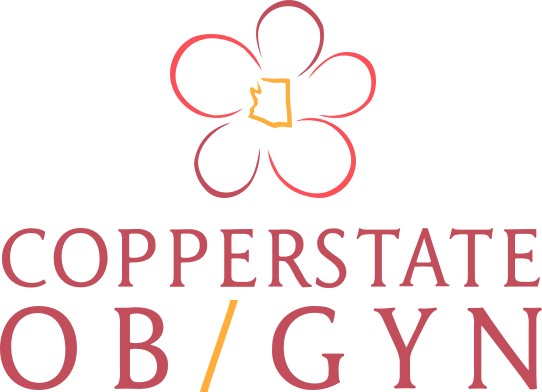Whether delivering your baby was a marathon or a sprint, you will likely have some degree of postpartum pain. This is to be expected and it’s helpful to plan in advance so you don’t have to be worried about seeking answers as you enter the first stages of motherhood.
Options for Managing Pain Postpartum
Every mother’s experience during childbirth and the circumstances afterward vary, so postpartum pain management will vary as well.
The most common and straightforward option for postpartum pain management is through the use of medication. Depending on the severity of your pain, you may be prescribed a normal dose of Ibuprofen or Tylenol.
Women who deliver by c-section are often prescribed some form of painkiller medication for a short period of time immediately following delivery as well.
You have the right to choose your pain management method, which can include the use of medications, the practice of natural remedies, or a combination of both.
There is also the option to use non-systemic products such as numbing sprays and witch hazel to reduce topical pain.
Natural Pain Relief Postpartum
You may elect not to take prescribed over-the-counter pain medications postpartum for a number of reasons. Some people have a natural intolerance to pain medication, or their pain may not be severe enough to merit it.
There are a number of natural (non-medication) pain relief options you can employ after giving birth. Some examples include:
- A sitz bath to soothe sore areas
- A spray bottle filled with a numbing spray/water combination to spritz tender areas
- Ice packs to cool and numb sensitive regions and sore muscles
- Stretching to alleviate pain
- Massage to alleviate pain
- Warm showers to loosen muscles
What to Know About Opioid Pain Management
The American College of Obstetricians and Gynecologists recommends that doctors educate expectant mothers and their families on the health risks of opioid drugs to women and babies.
Managing expectations regarding pain after childbirth can go a long way toward reducing the need for – or reliance on – opioids. Many new mothers haven’t taken opioid medications before giving birth, and do not know how it will affect them. One study showed that 1 out of 300 women who hadn’t taken opioid medication prior to giving birth become ‘persistent’ opioid users due to the higher risk of dependency.
It’s important to talk to your OB/Gyn about what pain medications you prefer to use if medication is needed postpartum.
Postpartum Pain Management and Breastfeeding
Whether or not you choose to breastfeed is entirely up to you. If you choose to breastfeed you may experience some discomfort in your breasts and/or nipples as your body – and your baby – adjusts. If your breasts feel overly full or tender, it is recommended that you soothe them with hot packs.
Pumping to relieve full, sore breasts is not always the best option, however. It may provide some short-term relief, but it also sends signals to your body to make more milk. Breastfeeding based on your baby’s needs, on a regular schedule, allows your body to produce the correct amount of breastmilk, which, in turn, will be more comfortable for you.
Do Pain Medications Affect the Baby Postpartum?
If you’re breastfeeding, you may also be wondering if taking pain medications postpartum could adversely affect your baby. Almost any drug that’s present in your blood will transfer into your breast milk to some extent.
Most medications do so at low levels and pose no significant risk to most infants. Also, the physical benefit(s) to the mother of taking medication for acute pain may outweigh any potential risk to the baby.
There are exceptions, though, in which drugs can become concentrated in breast milk. As a result, always consult with your OB/Gyn to determine the best pain relief medication(s) for you.
Emotional Recovery Postpartum
Pain doesn’t always come in a physical form; there is emotional pain to consider as well.
You have likely heard of the “baby blues.” As you navigate the 4th trimester, your body and brain go through a roller-coaster of hormonal changes that can be confusing. Combined with your responsibilities as a new mother (whether this is your first child or not) and likely a lack of sleep, you can become overwhelmed and/or depressed.
While postpartum depression is fairly common, it should not be taken lightly. It is essential to speak with your loved ones, partners, and medical professionals about how you are feeling not just physically but emotionally as well.
We are Here to Help
We believe strongly in providing quality women’s health care before, during, and after your pregnancy and delivery. Our practice is composed of board-certified obstetricians & gynecologists who are up to date on the latest research, procedures and technology. We are always here to help with any questions or concerns you may have.
Are you looking for an OB/Gyn you can trust? Do you live in the Tucson area? Book an appointment today!
Sources:

